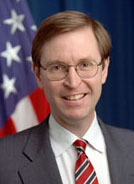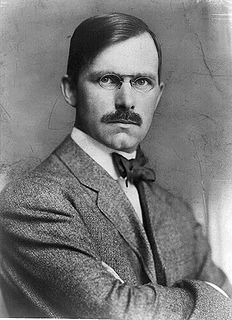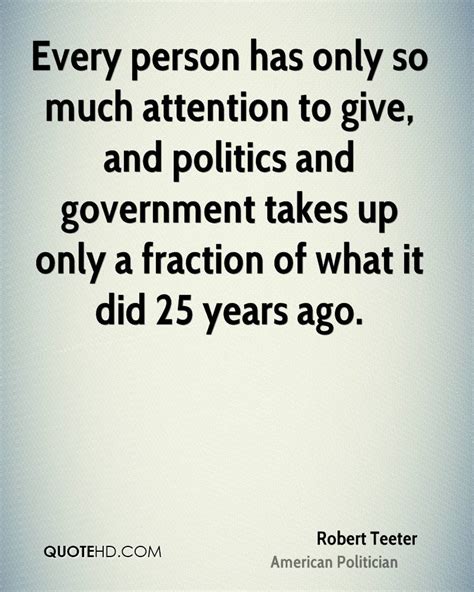A Quote by Elif Batuman
Reading Epictetus, I realized that most of the pain in my life came not from any actual privations or insults but, rather, from the shame of thinking that they could have been avoided.
Related Quotes
I remember when I came out of an exam thinking I had done well and then I had a clue that maybe one answer was wrong, I remembered that I rather stop knowing, stop thinking about it, appreciating life instead. So first, it was just a memory. But then I realized that in life, it's a much more general sentiment - that instead of waiting for other people's judgment, I'd rather focus on my own feelings, that everything is fine. To go on with my life rather than anticipating other people's judgements that might be negative.
Shame usually follows a pattern—a cycle of self-recrimination and lies that claims life after life. First, we experience an intensely painful event. Second, we believe the lie that our pain and failure is who we are—not just something we’ve done, or had done to us—and we experience shame. And finally, our feelings of shame trap us into thinking that we can never recover—that, in fact, we don’t even deserve to.
As a child growing up in San Francisco in the 1950s, I sometimes met insults when I ventured outside of Chinatown or my neighborhood. I have even been spat on and threatened with a knife. I could have let my anger fester until it became hate. However, I realized they were isolated incidents, and I simply got on with my life.
Did you think you could have the good without the evil? Did you think you could have the joy without the sorrow? . . . . I have been thinking much about pain. How could I help it? . . . . Sooner or later, regardless of the wit of man, we have pain to face; a reality; a final inescapable, immutable fact of life. What poor souls, if we have then no philosophy to face it with! This pain will not last; it never has lasted. I'll think about what I am going to write tomorrow-not about me, not about my body.
In a pure society, the subject of marriage would not be so often avoided,--from shame and not from reverence, winked out of sight,and hinted at only; but treated naturally and simply,--perhaps simply avoided like the kindred mysteries. If it cannot be spoken of for shame, how can it be acted of? But, doubtless, there is far more purity, as well as more impurity, than is apparent.
There came a point sometime during high school when I started thinking about exploring acting as a career, but it was more of an intention than an actual decision. I was very interested in a lot of different subjects, but every time I envisioned myself actually pursuing one as a career, I always ended up thinking that I would rather be acting.
You know, I once read an interesting book which said that, uh, most people lost in the wilds, they, they die of shame. Yeah, see, they die of shame. 'What did I do wrong? How could I have gotten myself into this?' And so they sit there and they... die. Because they didn't do the one thing that would save their lives. Thinking.
I realized these were all the snapshots which our children would look at someday with wonder, thinking their parents had lived smooth, well-ordered lives and got up in the morning to walk proudly on the sidewalks of life, never dreaming the raggedy madness and riot of our actual lives, our actual night, the hell of it, the senseless emptiness.


































